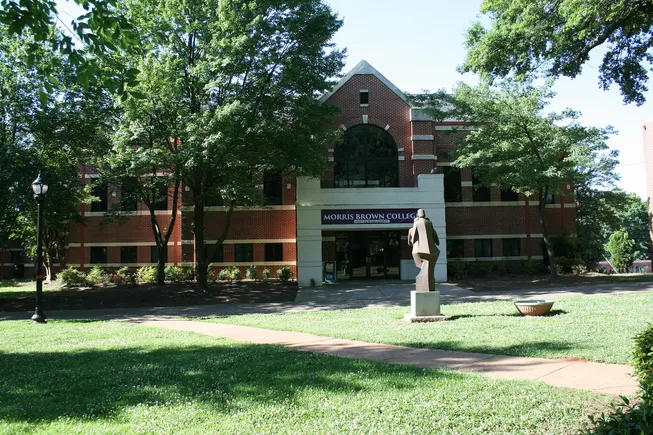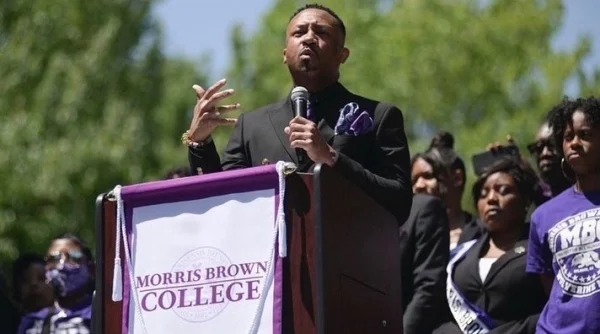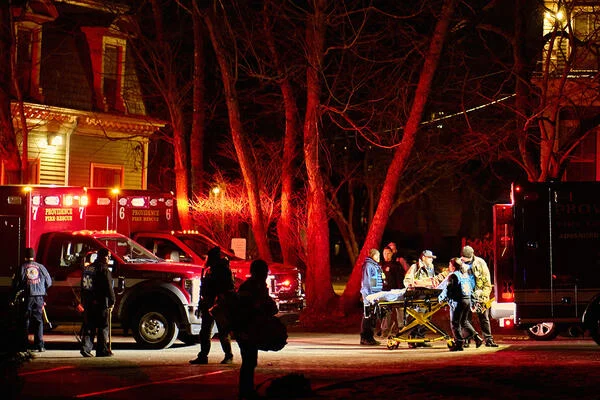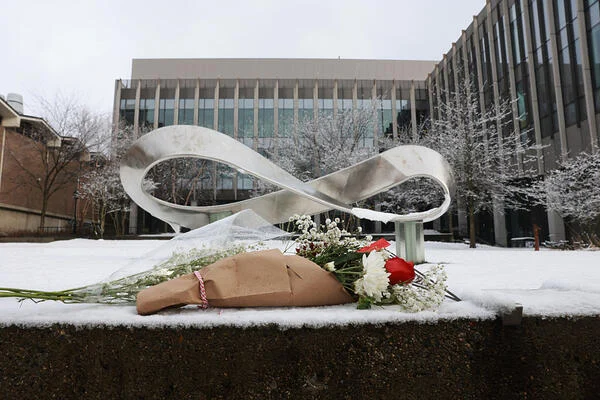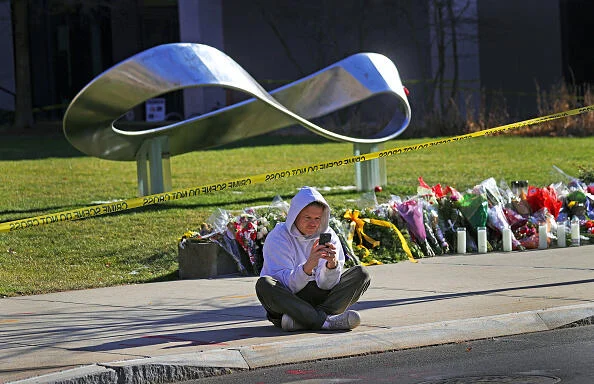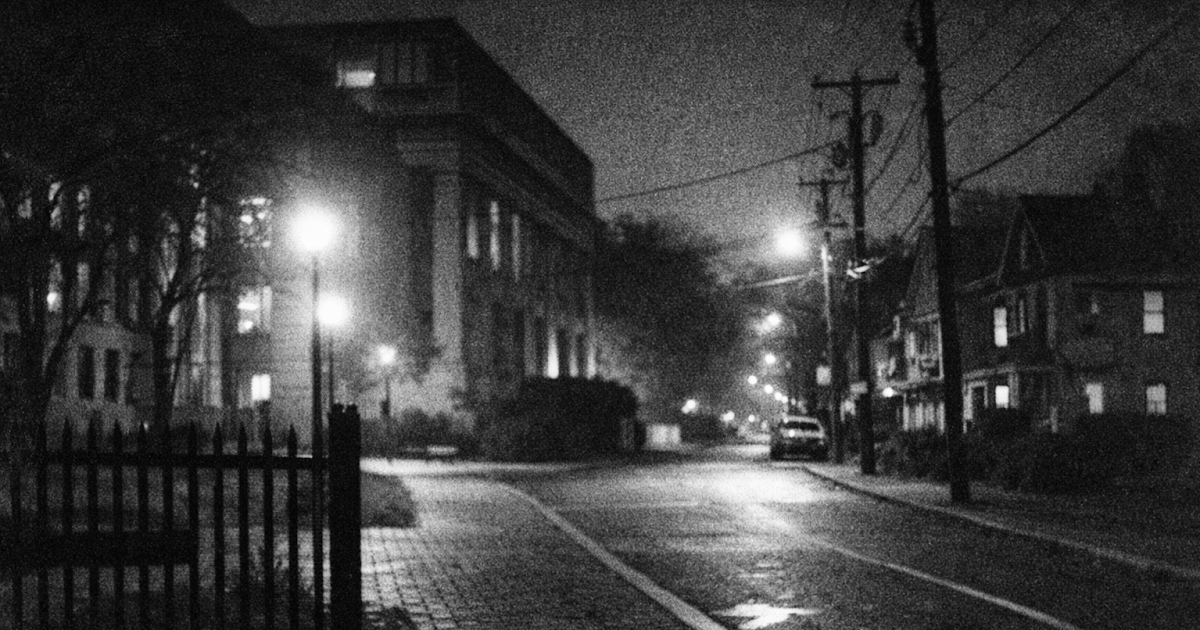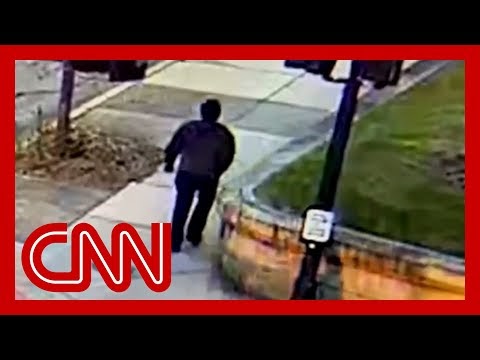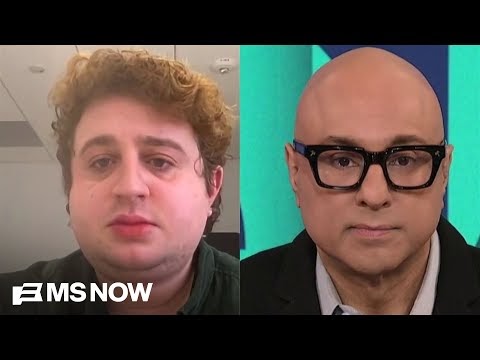Dive Brief:
- Morris Brown College has reinstated its president of seven years just days after abruptly terminating him on Jan. 12.
- The historically Black college said President Kevin James agreed on Jan. 16 to accept the Atlanta institution’s invitation to return to the leadership post.
- “After careful review, the Board determined that Dr. James’ separation from the College did not fully comply with the procedural and contractual requirements outlined in his employment agreement,” the college’s board of trustees said Tuesday.
Dive Insight:
Morris Brown’s board acknowledged the potential emotional whiplash its actions and reversal might cause among stakeholders.
“This period has been disruptive and painful for members of the Morris Brown community,” the board said in its announcement. “The board deeply regrets the harm this has caused our institution, students, families, donors, supporters, and Dr. James.”
On Tuesday, after Morris Brown announced James’ return, local station WSB-TV 2 reported that it had obtained “multiple documents with allegations of sexual harassment, abuse and threats by James.”
Included in the materials WSB-TV 2 said it obtained are grievances filed by college employees who accused James of intimidation and misusing his authority, retaliation, and creating a hostile work environment. Those internal complaints led the college to suspend James prior to firing him.
A spokesperson for the college did not respond to a request for comment by publication time.
In a statement posted to social media on Jan. 12, James said the college terminated him “without providing specific cause or substantive explanation.”
“This action is deeply concerning,” James said at the time. “Research and my lived experience demonstrate that many HBCUs have struggled with board overreach and interference. Unfortunately, those dynamics are evident in this situation.”
Morris Brown had announced on Jan. 12 that a trustee, Nzinga Shaw, would take over as interim president. In a statement shared with the media then, the college said, “This transition in leadership will help to ensure continuity as we move forward with the important work of strengthening and advancing the College.”
The statement has since been replaced on Morris Brown’s website with news of James’ reinstatement.
In the new announcement, the college’s board said that it “takes seriously the concerns voiced by members of our community and affirms that retaliation against individuals who raise concerns in good faith is not acceptable.” However, it didn’t elaborate on those concerns.
The board added that it is committed to “ensuring that appropriate processes exist for concerns to be raised safely, reviewed fairly, and addressed responsibly.”
James also issued a statement on Tuesday about his return. In it, he said his top priorities are to “begin the healing journey while continuing our focused preparation for our upcoming accreditation reaffirmation visit in two weeks.”
Morris Brown in 2022 became fully accredited with the Transnational Association of Christian Colleges and Schools after a two-decade effort.
The college lost its accreditation in the early 2000s over financial issues, which then led to precipitous enrollment declines and even deeper challenges. In 2012, the institution filed for Chapter 11 bankruptcy.
In recent years, Morris Brown has posted healthy operating surpluses. However, its most recent financial statements include findings from auditors of some deficient financial controls and accounting processes.
The college, founded in 1881 by the African Methodist Episcopal Church, enrolled 432 students in fall 2024. That’s up more than 70% from 2022 levels but still much smaller than in 2002, when the college had some 2,500 students.

